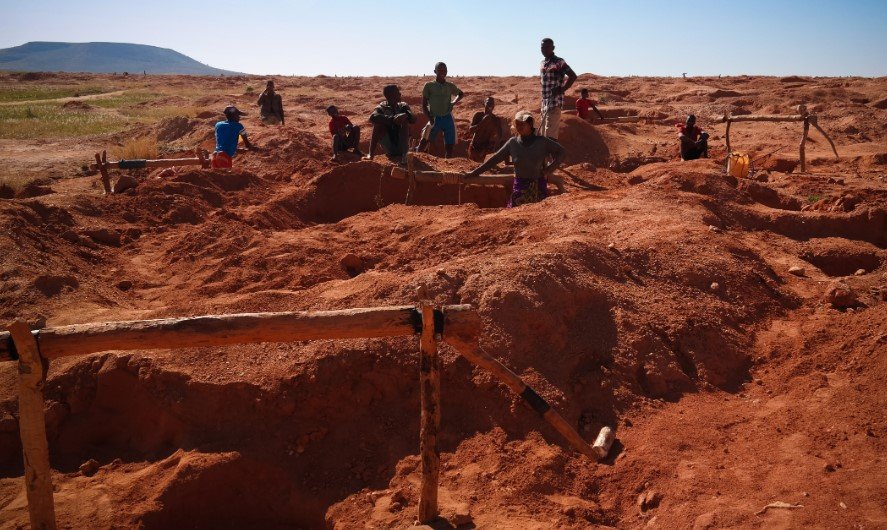Former President Donald Trump’s ambitious attempt to leverage business investments as a pathway to peace in the Democratic Republic of Congo (DRC) is facing serious hurdles. The plan, which promised economic revival through private sector growth, is now grappling with the harsh realities of local politics, instability, and deep-rooted conflict.
Trump pitched his peace-for-business initiative as a bold strategy to break the cycle of violence that has plagued Congo for decades. But months after his announcements and hopeful endorsements from international investors, the ground realities in Congo are proving more complicated than expected.
High Hopes Meet Complex Realities
Trump’s campaign was premised on the idea that pumping capital into Congo’s rich but untapped natural resources could create jobs, stabilize communities, and reduce conflict. It sounded good on paper — who wouldn’t want peace delivered alongside profits? Yet, Congo’s fractured political landscape and security challenges quickly slowed progress.
Locally, wariness is running high. Many Congolese communities have seen foreign companies come and go, often leaving little positive impact. Some critics argue that the initiative risks repeating these patterns, while others warn that the government’s weak control in volatile regions could put investments at risk.
At the same time, Trump’s political baggage complicates negotiations. Several regional leaders are hesitant to openly back a plan linked to a former U.S. president with a polarizing legacy, fearing it might alienate other international partners or inflame local tensions.

Business Pushback and Political Roadblocks
Despite Trump’s pitch, several major firms have pulled back from discussions. Investment in Congo’s mining and infrastructure sectors is risky — not just because of violence, but also due to bureaucratic hurdles, corruption, and unclear regulations.
One executive from a multinational mining firm, speaking on condition of anonymity, admitted, “The idea sounded promising, but when we started looking deeper, the red tape and security concerns just piled up. It’s tough to guarantee returns when you don’t know if the roads will be safe tomorrow.”
The Congolese government, meanwhile, has welcomed the interest but is cautious. Officials emphasize that peace requires more than business deals — they demand comprehensive political solutions addressing governance, human rights, and justice for past abuses.
This has created a bottleneck where economic and political goals clash. Trump’s model relies on swift business growth to ease tensions, but in Congo, peace talks and conflict resolution are slow and fraught with setbacks.
The Human Cost Behind the Headlines
What’s often lost in the shuffle of corporate meetings and political maneuvering are the Congolese people themselves. Many live in areas scarred by years of fighting, with limited access to basic services like clean water, health care, and education.
Activists caution that without prioritizing the needs of these communities, business ventures risk fueling inequality and resentment. “Peace can’t just be a side effect of profit,” said Marie N’Dala, a local human rights advocate. “It has to be built on respect for people and their rights.”
There’s also a growing chorus of voices warning against “resource curse” pitfalls — where natural wealth instead of lifting a nation leads to exploitation, environmental damage, and deeper conflict.
Can Business Be a Pathway to Peace?
The question remains: can Trump’s vision of peace through business take root in a place like Congo? Some experts believe the idea holds potential if paired with genuine commitment to social development and political reform. Others remain skeptical, viewing it as overly optimistic or even naive.
Economic development undoubtedly plays a role in stabilizing fragile states. But it’s clear that no single approach can fix decades of war and mistrust overnight. The challenge for Trump’s campaign — and for Congo — is finding a balance between profit motives and people’s well-being.
If these hurdles aren’t addressed, the peace-for-business plan risks becoming another promise lost in Congo’s complex history of conflict and hope.
